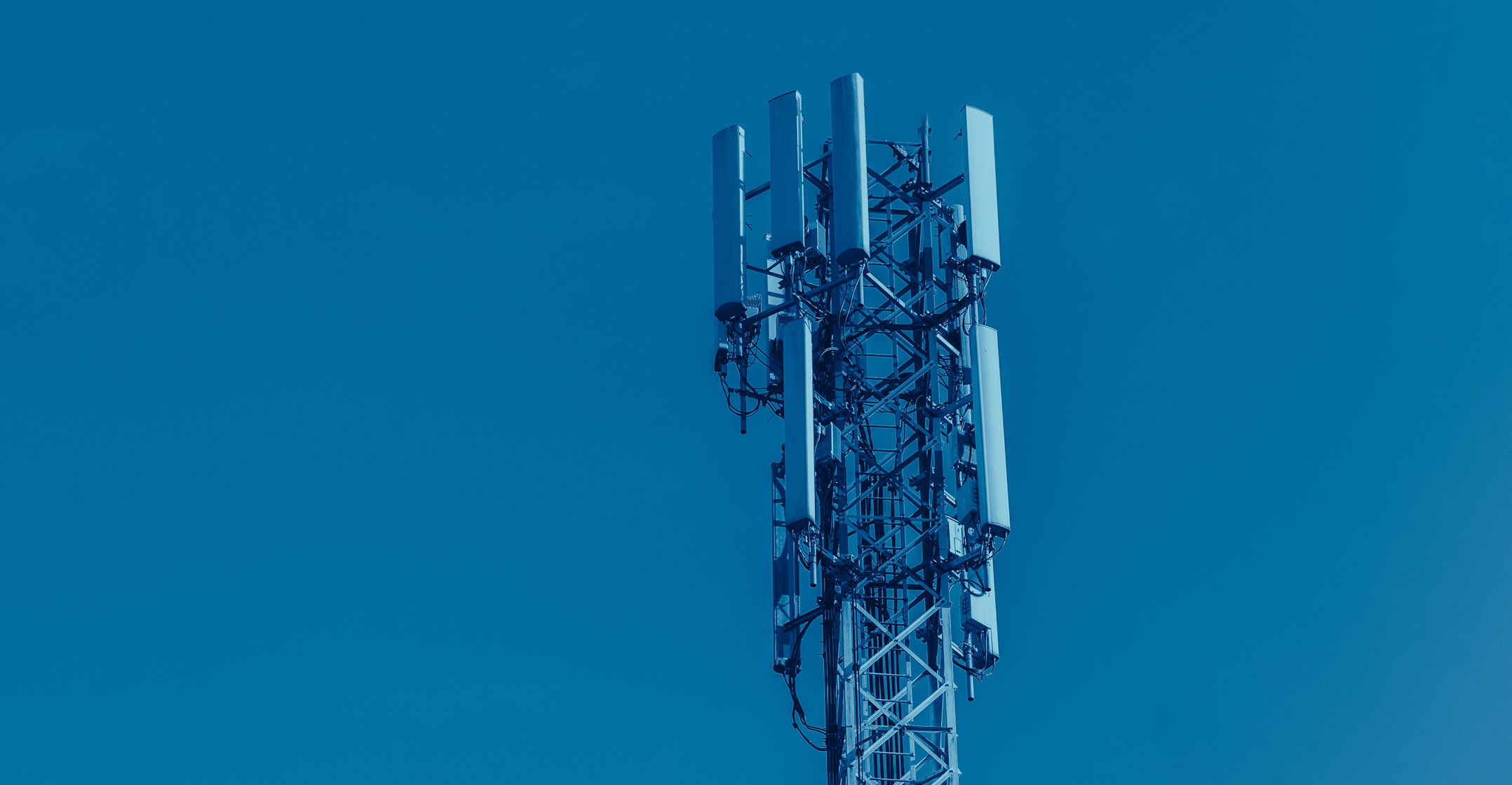 Communications regulator Icasa last week served notice on telecommunications operators that it would withdraw temporary spectrum allocated under the Covid-19 regulations at the end of November. This is wrongheaded and will harm consumers.
Communications regulator Icasa last week served notice on telecommunications operators that it would withdraw temporary spectrum allocated under the Covid-19 regulations at the end of November. This is wrongheaded and will harm consumers.
On Monday, 30 August, Icasa issued a media statement saying it had extended the “grace period” by a further three months, until 30 November 2021, but that this would be the last time it did so and the operators that had applied for and were using the additional spectrum during the pandemic would have to hand it back.
Icasa first licensed the spectrum on an emergency basis during the hard lockdown in 2020 after companies were forced to send their employees home to work. Organisations pivoted overnight, with millions of South African office workers suddenly setting up makeshift workstations in spare bedrooms, their kitchens or their living rooms. These workers, until then using dedicated corporate (mostly fibre) networks, suddenly placed enormous demands on mobile infrastructure as they dusted off data dongles or tethered their PCs to their smartphones. It’s remarkable that the whole exercise went off as smoothly as it did, with some companies’ entire call centres transitioned and distributed almost overnight into employees’ homes.
The decision by the regulator to allocate unused temporary spectrum during the lockdown was absolutely the right thing to do – it alleviated some of the pressure on the mobile networks, especially in suburban areas where there was a sudden spike in demand. The operators have been able to use this emergency spectrum to service this demand and keep the economy ticking over in a time of crisis.
In announcing its plans to withdraw the spectrum last week, Icasa said it had already “twice extended the duration” of the assignment. “The authority has taken into account the current environment in relation to the number of infections, the gradual reopening of the economy and the steady progress in the vaccination programme. More importantly, it is mindful of the need to focus its efforts on the permanent licensing of spectrum,” it said.
‘State of permanence’
Icasa chairman Keabetswe Modimoeng added that the regulator “cannot allow the temporary spectrum assignment to assume a state of permanence. Having allowed operators to use the temporary spectrum for 17 months, it is reasonable that they be allowed a further three months, until 30 November 2021, as a sufficient winding-down period.”
Except there is a problem with this argument. The Covid-19 pandemic is far from over. At the current rate of vaccination – and the apparently high levels of resistance to taking the vaccine – there’s every chance that South Africa will experience a fourth wave in late 2021 or early 2022, scientists and medical experts have warned. By then, if an insufficient number of people have been vaccinated, which seems likely, there’s no knowing how big the fourth wave will be. If it’s severe and protracted, like the third wave, government will tighten the lockdown once again, forcing people out of office buildings and back into their by-now-not-so-makeshift home offices. And once again they’ll be placing higher demands on mobile infrastructure.
By taking back the spectrum assignments just weeks before a fourth wave is likely to emerge makes no sense. In fact, if it insists on doing so, Icasa will be acting against its own mandate, which is to regulate in interests of the public – of the consumers of telecommunications services. That surely cannot be the authority’s intention, but it would be the net result of the spectrum pullback decision.
Modimoeng at the weekend told broadcaster eNCA (watch the video above) that the allocation of temporary spectrum has a “direct bearing on the competition landscape” and warned, without providing further details or evidence, that it is “tilting” the marketplace. He said Icasa had cautioned operators against configuring their business models around the temporary assignments.
“Licensing spectrum temporarily was an extraordinary, unprecedented measure occasioned by an unprecedented situation in our country. We are still in the pandemic, but today we are not in the same circumstances we were in on 26 March last year when the hard lockdown began,” Modimoeng said.
“We need to show as a regulator that we are responsive to that change in environment while simultaneously trying all in our power, day and night, to resolve this impasse so the licensing of high-demand spectrum — so an auction — can take place.”
Starved of spectrum
What Modimoeng didn’t say in the eNCA interview was that these operators have been providing South Africans with access to increasingly speedy mobile data despite not being able to tap new spectrum resources for more than 15 years. The last time South Africa awarded spectrum was for 3G services. That we have 4G/LTE and (very limited) 5G is a testimony to the clever engineering teams at the mobile operators that have been able to reallocate 2G and 3G spectrum for more modern technologies. Just think: If they’d been granted 4G spectrum a decade ago – which is when it should have happened – South African mobile coverage would probably be among the best in the world today.
It’s mostly not Icasa’s fault that the spectrum hasn’t been assigned yet – most of the blame for that has to be shouldered by former communications ministers, whose bungling and ineptitude has cost South Africa dearly. Broadcasters eMedia Holdings and MultiChoice Group also need to shoulder some of the blame for their unseemly squabbling that delayed the broadcast digital migration programme, which means South Africa still hasn’t switched off analogue television.
Instead of taking a hard line now, Icasa ought to be pragmatic about the situation, realising that if it takes away this temporary lifeline before the planned spectrum auction happens – hopefully later this year – consumers will be hardest hit. Data prices, which have tumbled this year, may go up again; Internet speeds will certainly go down in areas of congestion. This cannot be the outcome the regulator wants, but it’s the outcome it risks getting.

The number-one priority right now must be reaching an out-of-court settlement with Telkom, eMedia Holdings and MTN South Africa, the three litigants that have taken the spectrum auction process on review. I hear good progress has been made, though there are still a couple of sticking points. In terms of the court process, the parties have until mid-September to reach agreement. For the sake of South Africa’s development, it would be disastrous if they do not.
South Africa cannot go backwards now. Instead of threatening to withdraw the temporary spectrum – possibly a negotiating tactic to get the warring parties to agreement, though I am told it’s not – Icasa should extend it until such time as the spectrum auction can take place.
Icasa is right that extending it in perpetuity is not ideal. But instead of punishing consumers – and investors – by withdrawing the spectrum now, Icasa must direct all its energies to reaching an amicable agreement that avoids a protracted legal dispute through the court system, which could take years.
Such an outcome would be terrible for the sector, for consumers and for the South African economy. And any of the companies party to the negotiations that are too rigid in their approach – and are not willing to concede key points in the national interest – should be criticised severely. Now – and I’m addressing this directly to Telkom, eMedia and MTN – is not the time for narrow self-interest. — (c) 2021 NewsCentral Media
- Duncan McLeod is editor of TechCentral




